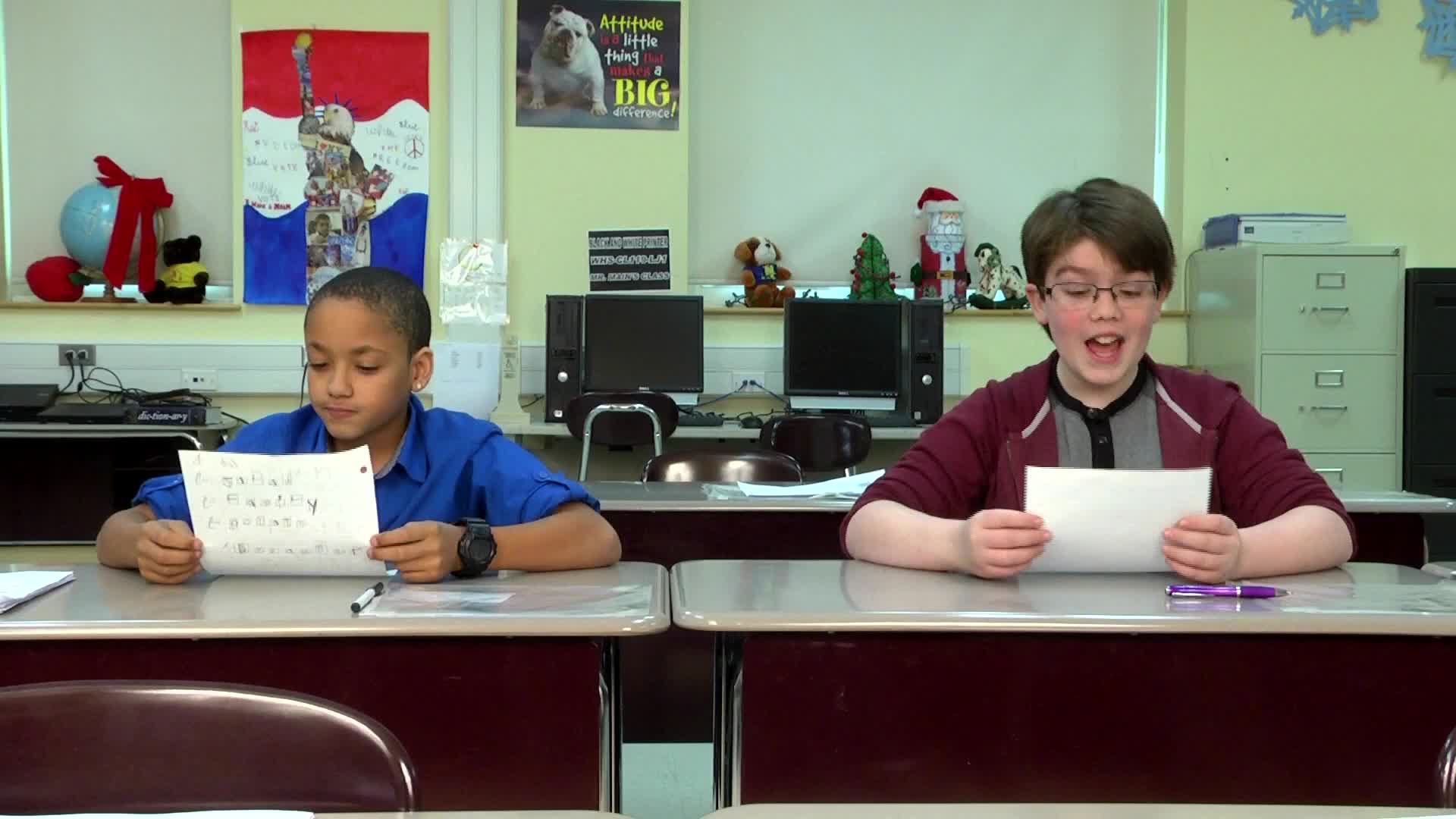Apologizing is a crucial social skill that plays a significant role in the development of PreK students in special education. This blog post will help educators to understand, create, and implement effective IEP goals for PreK students based on the target skill of apologizing.
Understanding the Apologizing Skill
Apologizing is the ability to express regret for one’s actions that may have hurt or offended others. It impacts students’ learning, social interactions, and wellbeing by fostering empathy, self-awareness, and positive relationships with peers.
The Role of Specialists
Various specialists can support the development of the apologizing skill in PreK students:
- Speech-Language Pathologists: They can help students with their tone of voice, nonverbal cues, and the choice of words when apologizing.
- Social Workers: They can support students in understanding the emotions of others and identifying situations that require an apology.
- Psychologists: They can assist students in developing self-awareness and understanding the impact of their actions on others.
- School Counselors: They can guide students in navigating social interactions and building positive relationships through effective apologies.
IEP Goals for Apologizing Skill
Here are some specific SMART IEP goals for improving the apologizing skill in PreK students:
-
Goal: The student will identify situations that require an apology with 80% accuracy.
Strategies and Activities: Role-playing, social stories, and discussing emotions in various scenarios. -
Goal: The student will use appropriate tone of voice and body language when apologizing in 4 out of 5 opportunities.
Strategies and Activities: Modeling, practicing with peers, and providing feedback on tone and body language. -
Goal: The student will demonstrate empathy and understanding of others’ feelings when apologizing in 80% of situations.
Strategies and Activities: Discussing emotions, using visual aids, and engaging in group activities that promote empathy.
Implementing and Measuring Progress
To implement these goals and measure progress:
- Collaborate with specialists to develop a comprehensive plan for each student.
- Regularly monitor and document students’ progress through observations and assessments.
- Adjust strategies and activities based on individual needs and progress.
- Communicate with parents and caregivers to support the development of apologizing skills at home.
Conclusion
Developing effective IEP goals for the apologizing skill in PreK students is essential for their social and emotional growth. By understanding the target skill, collaborating with specialists, and implementing tailored strategies, educators can make a significant impact on their students’ lives. We encourage you to apply these IEP goals and invite you to explore more resources at Everyday Speech Sample Materials.






